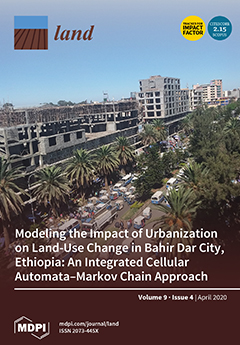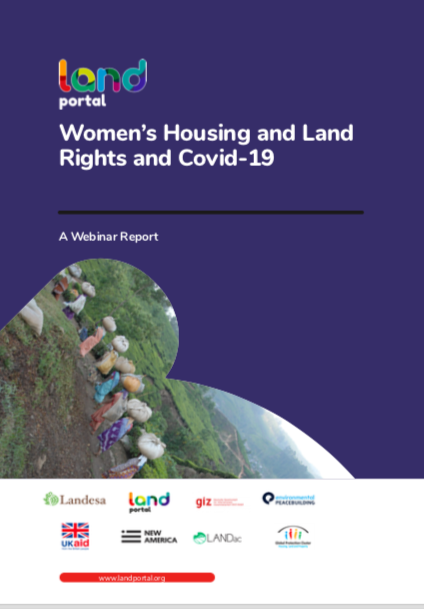Rubber, rights and resistance: the evolution of local struggles against a Chinese rubber concession in Northern Laos
Over the past 10 years, transnational land grabs for rubber tree plantations have proliferated across Laos. Plantation concessions are being established on village lands that are represented as ‘degraded’ and legally classified as ‘state forests’, expropriated by government officials in the name of poverty alleviation with promises that plantations will provide new wage labour opportunities for those dispossessed.




